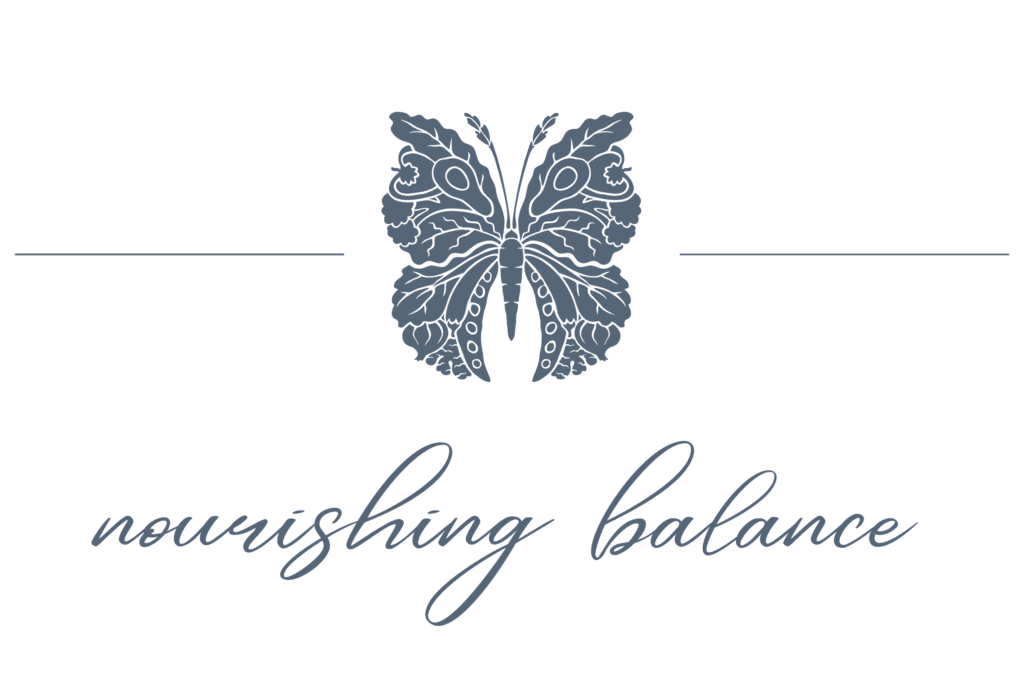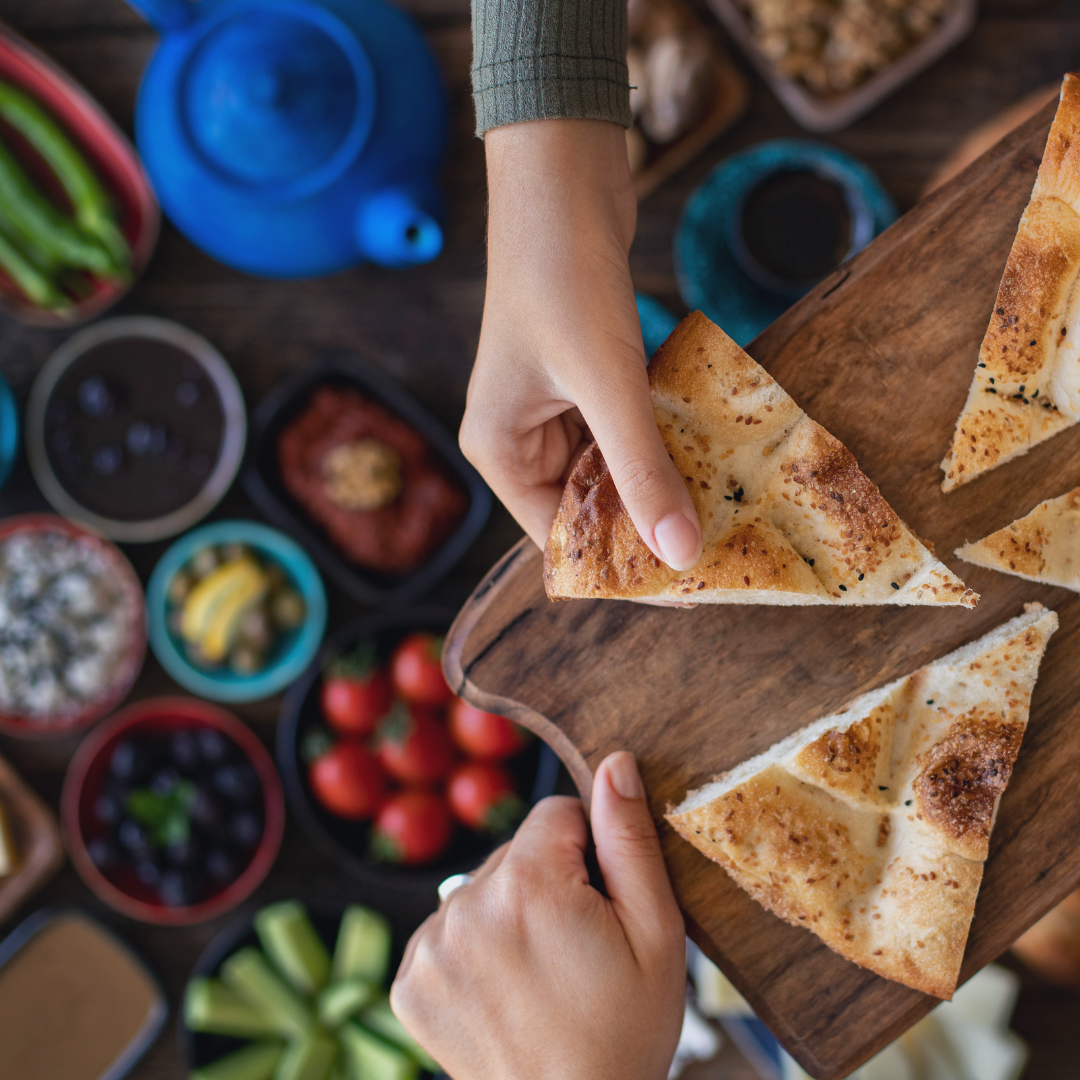 “Do these jeans make me look fat?” “You look amazing, did you lose some weight?” How often have you heard or maybe used these comments in everyday conversation? With family, with friends, on TV, and in advertisements, these remarks are so pervasive in our daily culture. So, what is fat talk? And why does shifting away from this kind of language matter? Let’s talk today about the fear of fat, overcoming unconscious biases, and embracing your body and health as more than a number or a shape.
“Do these jeans make me look fat?” “You look amazing, did you lose some weight?” How often have you heard or maybe used these comments in everyday conversation? With family, with friends, on TV, and in advertisements, these remarks are so pervasive in our daily culture. So, what is fat talk? And why does shifting away from this kind of language matter? Let’s talk today about the fear of fat, overcoming unconscious biases, and embracing your body and health as more than a number or a shape.
Understanding Fat Talk and Its Prevalence
The concept of fat talk involves the spread of negative, disparaging remarks concerning one’s own or another’s body size and shape, a habit that Overcoming Fat Talk aims to address (1). These remarks are microaggressions that are often thrown casually into conversations with friends but suggest that your body or eating habits aren’t good enough and dissatisfactory. They can be used to compliment someone, or even as self-deprecating humour, but all hold the same implicit bias against larger bodies and an undertone of fatphobia.
The Harmful Implications of Fat Talk
At its core, fat talk reinforces perceptions and unrealistic ideals that there’s a certain “look” someone needs to have to be ‘healthy’ and encourages normative discontent. In reality, weight is NOT a direct indicator of health status, and body dissatisfaction only promotes anxiety, stress, and increased risk of developing an eating disorder (2,3).
It could be your kid, your friend, or even a stranger at the store who overhears you making a comment like “I’m not skinny enough to wear that”. Where you might have said that comment without much thought, your friend overhearing this can only feel self-conscious about how you might then be implicitly perceiving them. In response, they think to themselves ‘If that’s what she thinks of herself, what must she be thinking about me?’. The result is disempowering, harmful language which serves nothing except to reinforce implicit fatphobic biases we may hold.
Take a minute to think about a time when someone commented on their body weight, and how that made you feel.
Addressing and Countering Implicit Biases and Fatphobia
 Its crucial to understand that body weight is not a reflection of health status; the journey of overcoming fat talk encompasses recognizing this pivotal fact.
Its crucial to understand that body weight is not a reflection of health status; the journey of overcoming fat talk encompasses recognizing this pivotal fact.
Believing that having a certain body shape or body weight means that someone must be unhealthy or healthy is unfounded and simply untrue. (3) Focusing only on your body’s weight ignores all the different factors that make up a person like genetics, lifestyle, and culture. In the same way that a larger body does not equal unhealthy, having a smaller body or lower body weight doesn’t always equal healthy. There is more to our bodies than just emphasizing weight and it is not a factual indicator of health. This perception frames a culture where people of varying body types is negative and if you don’t match the ideal model, you should feel guilt or shame about your appearance and health. We should be looking instead to move beyond the emphasis of weight loss in health care, and instead look to build sustainable and healing relationships with our health and body.
Furthermore, these views can be extremely discouraging to someone looking to reach out to support services or guidance. It can also prevent someone who participates in unsustainable eating habits like food restriction, from reaching out for help with disordered eating patterns; because everyone tells them “You look so healthy and thin!”. These emotional experiences and comments can affect anyone’s ongoing relationship with their health; physically, emotionally, and mentally. (Read More)
Fat is so important to our health but so highly demonized in our culture. Everybody has and needs fat, and our morality or value is not associated with it. If you’re interested in learning more about fats and their role in our health, check out this post!
The Journey Towards Holistic Wellness and Body Positivity`
 When it comes to moving past these ingrained perceptions, here are some things to keep in mind and work towards.
When it comes to moving past these ingrained perceptions, here are some things to keep in mind and work towards.
- Understand the consequences of using this language. It may seem harmless and is often used as a cheap joke, but ultimately diet talk only holds underlying negative tones. The use of fat talk in any form is an implicit bias which holds the belief that different bodies can not be healthy, and indirectly tells people around us that we may associate them with negative traits.
- Awareness and recognizing when yourself or others use fat talk is important to achieving conscious competence of our biases. These comments can often be implicit like “I’m going on a diet this summer” but all hold the same messages that your body isn’t worthy. Fat is also NOT a feeling. If you’ve ever heard someone say “I shouldn’t be eating this, I feel so fat!” reflect on what feeling fat means and the implicit biases this comment carries.
- Learning to respond to fat talk may look different depending on your level of comfort. This could be through direct responses like “I’d really prefer it if you didn’t comment on my weight”, and asking people to reflect on how this language is inappropriate. Emphasizing the thin ideal is important to avoid when countering fat talk as it still holds the negative association that you’re unable to be healthy at a different size. Saying “No, you’re so skinny!” as a response is just another way to implicitly demonize fat. That said, it is important to prioritize your well-being and emotional status. Walking away from a situation where you feel like the discussion brings you only negative emotions is okay!
- Weight is not a condition! Health extends beyond body shape, and someone’s appearance is NOT an evidence-based indicator of someone’s actual health status. Let’s embrace health with a holistic approach and build conscious competence of the implicit or unconscious biases against fat we may hold. (3)
If you feel like you are struggling with negative emotions related to your body or your relationship with food, consider connecting with our team at Nourishing Balance! Comprised of a diverse team of Registered Dietitians, Psychotherapists, Social Workers, and Nurse Practitioner; we specialize in weight-inclusive care and emotionally charged issues related to food and our bodies. Here are some of the services we provide to help you get started on a holistic journey to your wellness:
Services to Support Your Wellness Journey
Dietetic Services – For those eager to mend their relationship with food and contribute to overcoming fat talk in everyday conversations. Our dietitians take a non-diet approach to nutrition, which includes finding room for all foods in the diet and discouraging restriction.
Therapy & Holistic Mental Health – We believe that mindfulness and mind-body techniques can support you on your journey to self-love and improve your self-esteem and body image. Using various mental health techniques like CBT, DBT, Narrative, and ACT, our therapists can support you in building positive change and discovering helpful ways to cope with life’s challenges.
Our integrative health clinic is passionate about helping people of all age groups achieve their health and wellness goals. Get started by visiting NourishingBalanceWebsite to connect with us!




